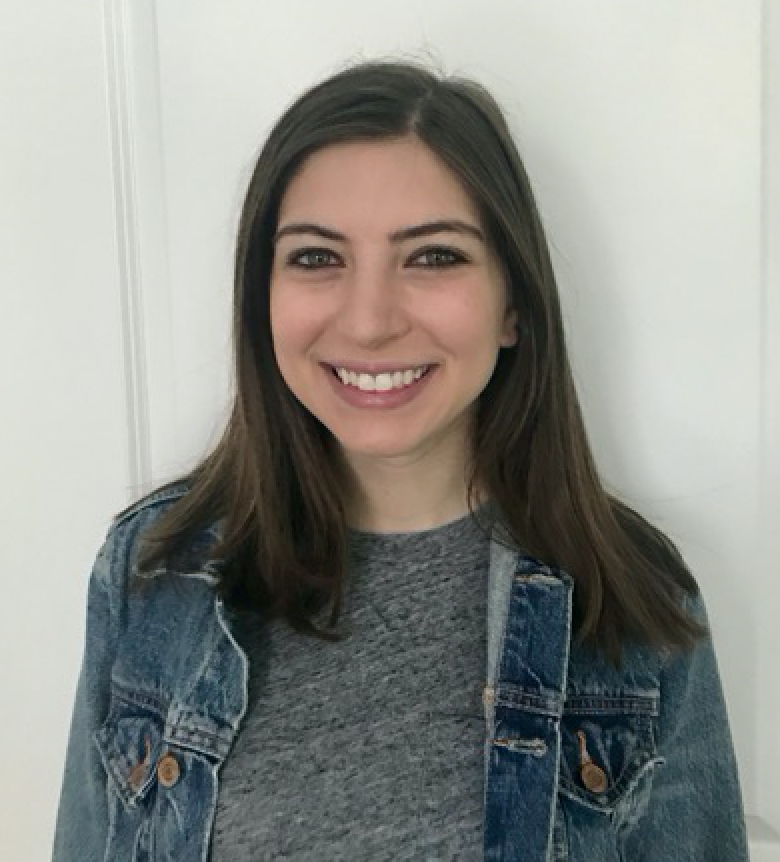“I finally got to the point where I have more control over my responses and my healing. Control over my narrative has been extremely therapeutic.”
Maya was raped by an acquaintance a few weeks into her freshman year of college. As is the case for many survivors, Maya didn’t immediately identify herself as a victim of sexual violence. She began processing her experience of sexual assault about six months later when she told a friend about what happened.
“I was describing what happened to me, but I hadn’t put a word to it yet. The person I was talking to said, ‘he raped you.’ That’s when I first started processing it—when someone else called it out to me and made it more real. It was a big shift in how I had been processing my experience and it became a little easier for me to talk about. I used to try to tone it down for myself, to say I was ‘taken advantage of.’ But now it’s been really important for me to call it what it was—to use the word rape.”
The months following the assault were a blur for Maya. The perpetrator harassed her on campus, making her feel unsafe and unable to focus on her studies. She contacted the Title IX officer and was able to get a no contact order, but because of the university crime reporting policies, she had to issue a more formal report of the assault than she wanted to. When the perpetrator learned that Maya had reported the rape, he wrote his own account of what happened, which Maya says “made me sound crazy.”

Maya had reviewed the university’s policies around reporting sexual violence and initially thought they were well-constructed, but issues came when there were sudden changes made to the process without the administration informing her.
“Reporting felt retraumatizing when I had hoped it would be part of my healing. There were all these twists and sudden changes. If you’re going to have policies and procedures, you need to follow them. It’s a difficult process for anyone and it helps so much to know what to expect.”
Though the reporting process presented challenges to Maya, she does not want that to discourage other survivors from reporting sexual violence. It was difficult, but she recognizes it as an important step toward justice for her, and hopefully for other survivors.
Because of the assault and the reporting process following it, Maya experienced PTSD and anxiety. She sought counseling, which she found helpful. She also began writing about her experiences and entering into advocacy for survivors of sexual violence as part of her healing process. “I made a very conscious decision to step into the advocacy space. It’s important to attach a human to these narratives.”